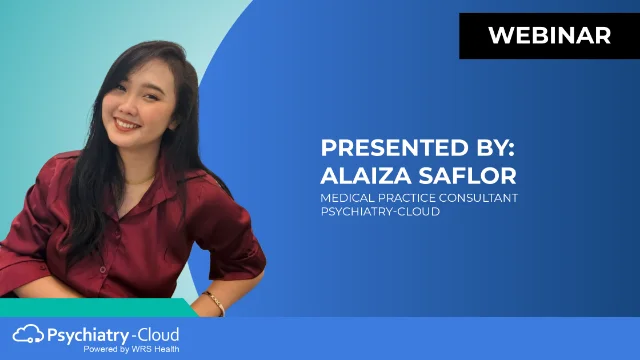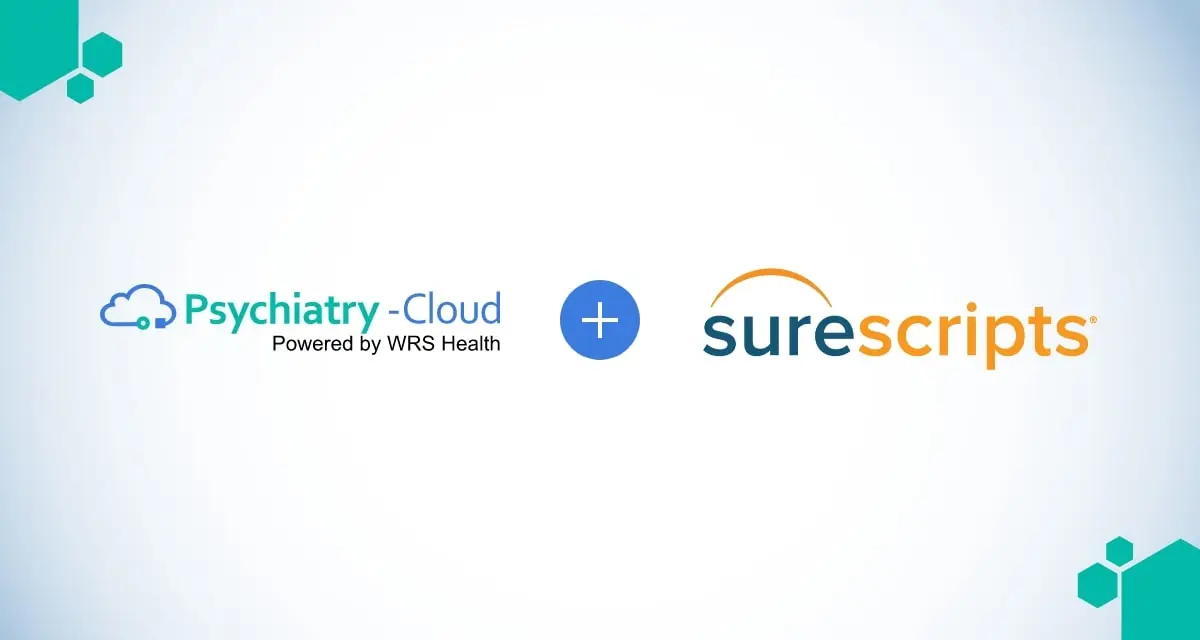Do you frequently have to bill your patients twice, three times, maybe more — just to get the money you’re owed? Does your staff have to make repeated calls? The collections process can be time-consuming for your staff, aggravating to you, and can ultimately cost your practice money in time and lost claims that slip through the cracks.
Collections is a critical function where the right EHR system can help. It can drive the process of collecting balances at check-in and check-out and ensure that payment is collected efficiently at the time of services.
We have a few tips to facilitate your collections process:
Create A Price List
Price transparency is fair for all concerned. It’s in every physician’s best interest to make patients aware of your prices. That’s the best way for them to make financial decisions about your mental health services prior to their visit. Your practice website and patient portal are the best places to post price them.
Pre-Verify All Patients
Your patient portal allows patients to input their insurance information, so they are pre-verified before they arrive at your front desk. This way, your staff will know the deductible and payment status of each patient ahead of time, deductibles can be collected, and you know that you will be paid by the carrier for the services you provided.
Obtain Authorizations
Insurance companies are a force to be reckoned with, and dealing with them after visits can result in patients being dissatisfied with their bills, and make your office have to pursue further collections. Checking your patients’ insurance benefits via your EHR can help you obtain authorizations prior to providing services, pre-authorize the patents, and make things smoother and less costly for everyone involved.
Retain Credit Card Numbers
By obtaining an on-file credit card number, you overcome difficulties associated with high-deductible health plans and reduce the need for sending statements. You can automatically make repeat credit card charges for payment plans, collections, and regular visits.
Prime the Check-in Desk
Once patients have been pre-verified with your EHR, the front desk people will know exactly what is owed. In addition to collecting copays, the check-in staff can also ask if patients want to pay their outstanding balances. An on-file credit card simplifies that transaction. In the event that insurance coverage and eligibility were not verified during a pre-visit process, you can verify them at this stage.
Check-out Properly
At check-out, it’s standard procedure to ask that the day’s expenses be paid before leaving. Your EHR should flow the billing data directly to the front desk for instant financial information retrieval. If a credit card is on-file, this makes check-out even faster.
Identify and Correct Revenue Leak Issues
If you’re seeing plenty of patients, but the numbers aren’t adding up, and you’re not seeing the returns on investment that you expected from your practice, leaks in your revenue cycle can be to blame and can be undermining your entire mental health practice. To help you pinpoint and correct these problems, download our free informative guide, Psychiatry-Cloud Leaks in the Revenue Cycle:










